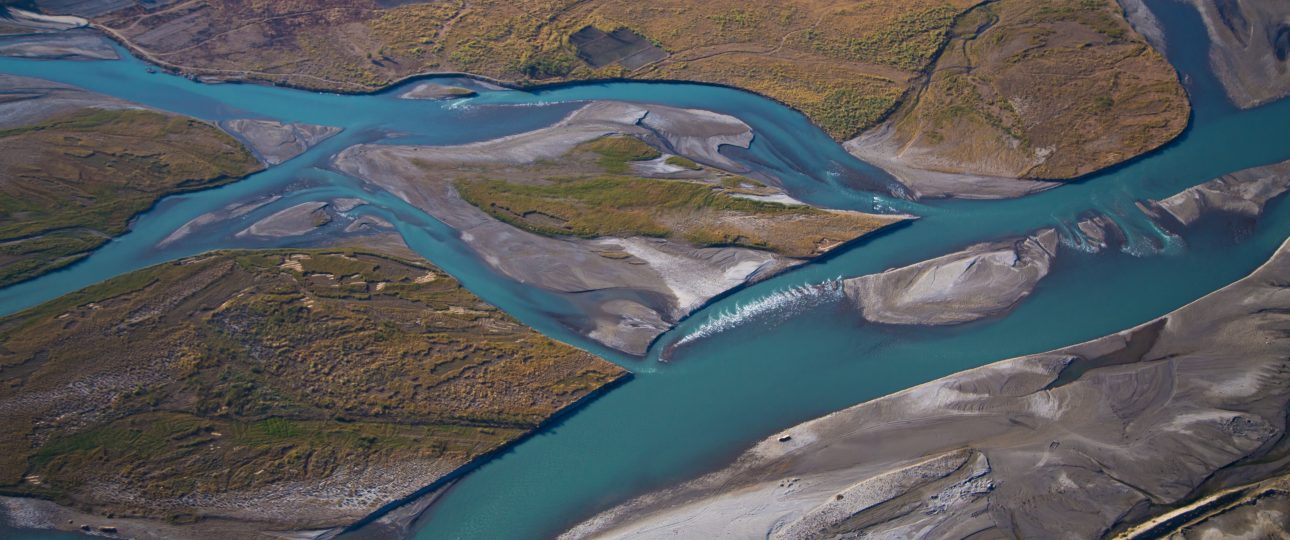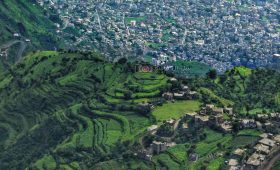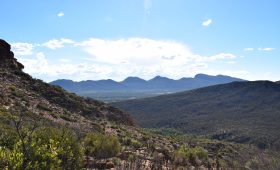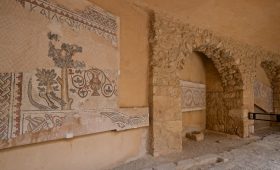Exploring the Kabul River
The Kabul River, stretching over 700 kilometers, originates in the Sanglākh Range of the Kōh-e Bābā mountains, northwest of Kabul. It flows through Afghanistan’s capital, Kabul, and continues into Pakistan, passing through cities like Jalalabad, Peshawar, and Nowshera. This river is more than just a geographical feature; it is a vital part of the region’s history and ecology.
Natural and Historical Significance
While the Kabul River is often a modest stream, it swells in the summer due to melting snow from the Hindu Kush Range. The river’s largest tributary, the Kunar River, joins it near Jalalabad. Despite the Kunar carrying more water, the river retains the name Kabul due to its historical significance.
Historically, the Kabul River has been a witness to significant events, including the campaigns of Alexander the Great, where it was known as the Kōphēn. The riverbanks have seen the rise and fall of civilizations, with remnants of Buddhist monasteries and ancient fortresses still visible today. The Pul-e-Khishti Mosque, a notable landmark from the 17th century, stands as a testament to the region’s rich Islamic heritage.
Modern Challenges
In recent decades, the Kabul River has faced environmental challenges. Since the 1990s, droughts have become more frequent, affecting the river’s flow. Additionally, untreated sewage from the Makroyan Waste Water Treatment Plant has been discharged into the river, impacting local communities and wildlife.
Best Time to Visit
For those planning a visit, spring (March to May) and autumn (September to October) are ideal. During these months, the weather is pleasant, and the landscapes are vibrant with wildflowers in spring and colorful foliage in autumn.
Getting There and Local Transportation
Travelers can reach Kabul by flying into Hamid Karzai International Airport. From there, taxis and local buses provide access to various parts of the city and the river. For a more personal experience, consider renting a bicycle to explore the riverbanks at your own pace.
While visiting the Kabul River, be prepared for the challenges of navigating a city with limited infrastructure and environmental issues. However, the historical and cultural richness of the area offers a rewarding experience for those willing to explore beyond the surface.




